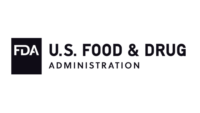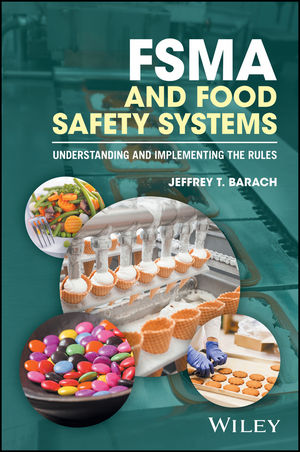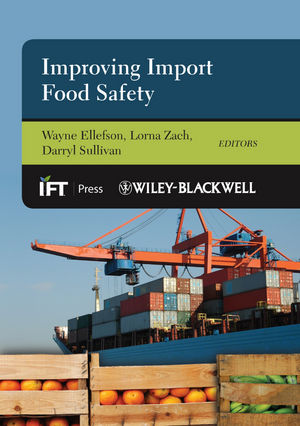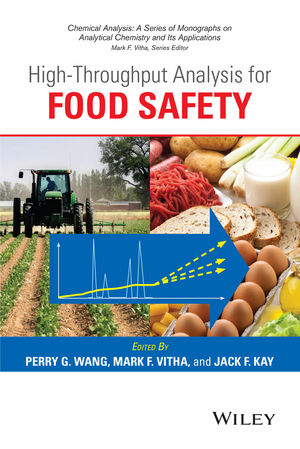FSMA Rule Promulgation Marches On, But Final Deadlines Remain Uncertain

The final schedule for promulgation of Food Safety Modernization Act (FSMA) required-regulations remains in flux. Last month, we reported that the U.S. District Court for the Northern District of California recently ruled in favor of two public interest organizations that challenged through litigation the U.S. Food and Drug Administration’s (FDA) delay in issuing FSMA regulations. Balancing the organizations’ implore that the Court advance consumer interest in a safe food supply by requiring the FDA to issue the remaining rules without further delay against FDA’s request for the time it believes is needed to adequately address the complexities that underlie the regulations, on June 21, 2013, the Court set the following deadlines for FDA action:
• November 30, 2013, by which remaining proposed FSMA regulations must publish for comment;
• March 31, 2014, by which public comments must be submitted; and
• June 30, 2015, by which final rules must publish.
That court-ordered schedule may not remain the same for long. On July 19, 2013, FDA filed a Motion to Reconsider, in which it asks that the Court reconsider the implementation timelineas it applies to two FSMA-required rules, Sanitary Transport of Food and Feed (FSMA § 111) and Intentional Contamination [FSMA § 106(B)]. In the alternative, FDA requests that the Court stay enforcement of the June 21 Order as to the two rules in order to provide the U.S. Solicitor General time to determine whether to authorize an appeal.
In its July 19th filing, the FDA notes that it is on track to meet the court-imposed deadlines with respect to the following FSMA rules:
• Preventive Controls for Human Food [FSMA § 103(a) and 103(c)]
• Produce Safety Standards [FSMA §105(a)]
• Foreign Supplier Verification Program [FSMA § 301(a)]
• Accreditation of Third Party Auditors (FSMA § 307)
• Preventive Controls for Animal Food [FSMA Section 103(a) and 103(c)]
The proposed rules on human food preventive controls and produce safety published on January 16, 2013. The proposed rules on foreign supplier verification and third-party auditor accreditation published on July 29, 2013. Only the preventative control rule for animal feed remains to be issued, which FDA hopes to publish for comment soon.
But, FDA claims that the sanitary transport and intentional adulteration rules stand in different shoes and are not as far along in development, for three primary reasons. First, FDA claims that it did not have the resources to pursue analysis and drafting of the seven rules simultaneously. As Michael Taylor, Deputy FDA Commission for Foods and Veterinary Medicine, explains in his declaration that accompanies the Motion to Reconsider, FDA chose to focus on the preventive control, produce safety, foreign supplier and auditor accreditation rules initially because the FDA believes that those rules are foundational for other rules and offer the most public health benefits. (Taylor Declaration ¶ 5) Second, FDA claims that there is no precedent on which to build the intentional adulteration rule and, therefore, FDA requires additional time in which to develop preventive controls and mitigation measures, each of which may encompass a range of activities. (FDA Motion at pp. 7–9; Taylor Declaration ¶ 7) Third, FDA asserts that although it has completed an internal draft of the sanitary transport rule it nevertheless needs time beyond November 30 to complete critical review steps. (FDA Motion at pp. 6–7; Taylor Declaration ¶ 15) Absent the additional time requested, FDA fears that it will have no choice but to promulgate proposed rules—in particular an intentional adulteration rule—that may not strike the appropriate balance between public health and the requirements and attendant costs needed to advance that interest and that may leave the rules vulnerable to legal challenge.
FDA believes that it will be able to issue a proposed intentional adulteration rule in the second of 2015, followed by publication of a final rule in the second half of 2017—and approximate 2-year extension on the schedule the Court has set (Taylor Declaration ¶ 9). The FDA asserts that it can move more quickly on the sanitary transport rule, proposing to publish a draft regulation by January 31, 2014 (Taylor Declaration ¶ 19).
What the Court will do with the FDA’s motion to reconsider or stay remains anyone’s guess. A court hearing is scheduled for August 28, 2013, with the public interest organizations to file their response by August 5 and the FDA to file a reply in further support of its motion to reconsider by August 12.
In the meantime, FDA resource struggles notwithstanding, FSMA continues to take shape. As indicated above, on July 29, 2013, FDA published in the Federal Register proposed rules on foreign supplier verification and third party auditor accreditation, each of which is designed to address the safe nature of the enormous amount of food that the United States obtains from abroad, comprising about 15 percent of the U.S. food supply. The two rules complement each other, as well as the preventive control and produce safety rules. Briefly stated:
• The foreign supplier verification rules requires importers to undertake a risk-based analysis that verifies that food imported into the United States has been produced in a manner that provides the same public health protection as that required of U.S. manufacturers and to obtain documentation that demonstrates the verification activities; and
• The third-party auditor accreditation rules establishes a system by which FDA would accredit foreign governments and private entities that, in turn, would accredit thirdparty auditors to audit foreign food facilities subject to FDA standards.
Stated otherwise, these rules continue FDA’s seismic shift from reacting—here, relying on inspectors to ferret out tainted food after it arrives at a U.S. port of entry—to preventing shipment of such foods to the United States in the first place through proactive application of science-based risk prevention and routinized auditing.
Food companies continue to have an important opportunity to shape the very rules that will govern their operations and impact their success. That is, food companies, and other constituencies with interest in the operation of the rules, have 120 days from the date of publication—tha tis, from July 29thuntil November 26, 2013—in which to analyze and submit comments on the foreign supplier and third party auditor accreditation rules. In conducting that review, companies should consider the inter-play of the new proposed rules with the previously issued draft preventive control and produce safety rules. Recognizing the import of such industry analysis, FDA indicates that it intends to extend by another 60 days, from September 16 until November 15, 2013, the date by which comments may be submitted on the proposed preventive control and produce safety rules. Information on the proposed rules and the process by which to submit written comments can be found on the FDA website.
John T. Shapiro is a partner and member of the Food Industry Team at Freeborn & Peters LLP (Chicago).
Looking for a reprint of this article?
From high-res PDFs to custom plaques, order your copy today!







